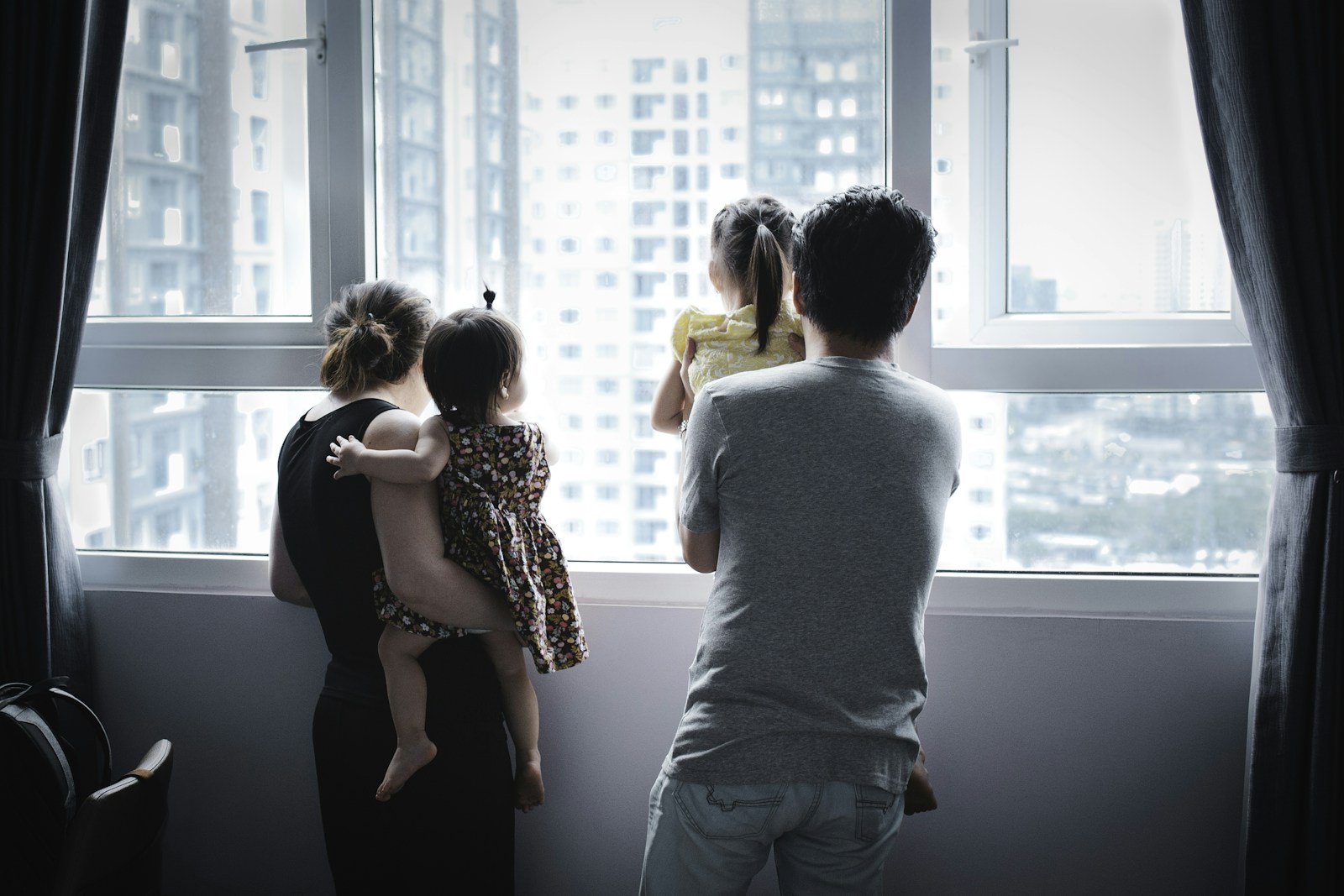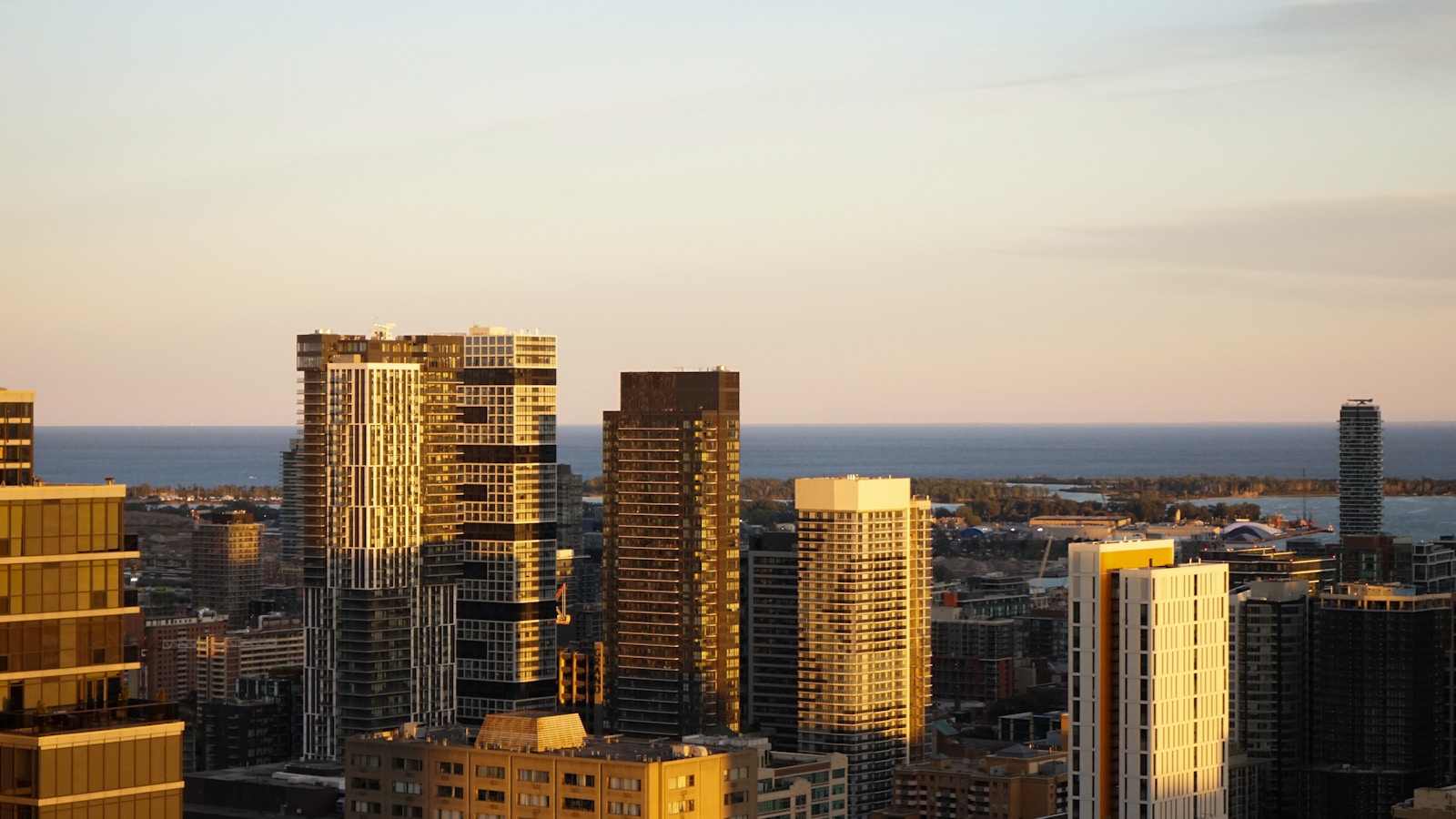In Ontario, the Residential Tenancies Act (RTA, 2006) is the cornerstone of landlord-tenant law. It defines what landlords and tenants may and may not do, and how disputes must be settled. If you’re a landlord or tenant (or both), knowing your rights and duties under the RTA can prevent costly mistakes, disputes, and potentially legal consequences. This guide breaks down the key parts you need to know.
1. What the RTA Covers & Why It Matters
The RTA is a provincial law that regulates most residential tenancies in Ontario.
It sets rules on rent, maintenance, entry, evictions, and many more foundational areas.
Some private agreements or “extra charges” are illegal even if written in a lease—those parts are void or unenforceable.
2. What Is Illegal for Landlords to Do in Ontario
Harass, threaten, or interfere with a tenant’s quiet enjoyment
Enter a unit without proper notice (unless an emergency)
Withhold vital services or interfere with their supply
Charge illegal or unauthorized fees
Evict without proper process or without LTB order
3. What Landlords Can Charge for Damages – Limits & Rules
Tenants are responsible for damage beyond normal wear and tear, whether caused intentionally or by negligence.
The landlord must prove the damage and provide evidence (photos, receipts, repair quotes) when seeking compensation via the Landlord and Tenant Board (LTB).
The RTA also requires that anyone claiming damages must take reasonable steps to minimize losses (i.e., you can’t let damage worsen and then charge everything).
There is no fixed “maximum” set in the RTA for damages—amounts will depend on the actual cost and evidence.
4. Repair & Maintenance: Who Is Responsible for What?
Landlord’s Duties:
Maintain the rental unit and all items the landlord provides, in a good state of repair.
Ensure the premises comply with health, safety, and housing standards.
Respond to repair requests and address them within a reasonable time.
Tenant’s Duties:
Repair or pay for repair of damage caused by themselves, guests, or co-occupants (beyond usual wear and tear).
5. How Long Does a Landlord Have to Fix Something in Ontario?
The RTA itself does not specify exact time limits; it uses the term “reasonable time”.
What’s reasonable depends on urgency, the nature of the problem, and whether it affects health or safety.
For emergencies (burst pipe, no heat in winter, major electrical fault), landlords are expected to act immediately or nearly immediately.
For non-urgent issues (a broken window, dripping faucet), it might be days to a couple of weeks, depending on circumstances.
If repairs are delayed, tenants may file a T6 application at the LTB asking for orders or rent abatement.
Final Summary
Ontario’s Residential Tenancies Act lays out a balanced framework between landlords and tenants. Landlords must respect tenants’ rights—no harassment, no illegal fees, proper notice for entry—and maintain properties in good repair. Tenants must pay rent, keep the unit clean, notify the landlord of needed repairs, and only be responsible for damage beyond normal wear. When disputes arise, evidence, documentation, and recourse through the Landlord and Tenant Board are essential. Understanding these rules helps both sides avoid conflict and ensures the tenancy runs smoothly.
Frequently Asked Questions
1. What is illegal for landlords to do in Ontario?
Harass or threaten tenants or interfere with their peaceful enjoyment
Enter the unit without proper notice or at improper times (except emergencies)
Withhold vital services (heat, water, electricity, gas)
Charge unauthorized or illegal fees
Evict without following the proper legal process or without an eviction order
2. What is the most a landlord can charge for damages?
There’s no fixed cap. The landlord can charge for the actual costs of repair or replacement, supported by evidence, but must also minimize losses.
3. What repairs are tenants responsible for in Ontario?
Tenants must repair or pay for damage they (or their guests) cause beyond normal wear and tear. They also must notify the landlord of needed repairs.
4. How long does a landlord have to fix something in Ontario?
There’s no fixed timeline in the RTA—repairs must be done within a reasonable time. Urgent issues require prompt action; less urgent ones may take days to weeks depending on circumstances.
5. Can a landlord charge for damages in Ontario?
Yes—if damage is above normal wear and tear, and if they can prove it, a landlord may recover costs through the LTB or as part of termination proceedings.






